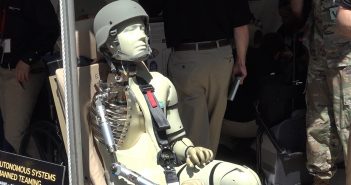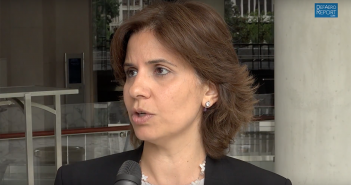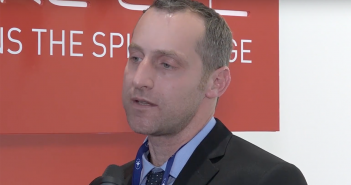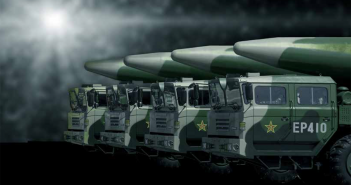
Airbus’ Whitby: Zephyr UAS Battery to Last 30 Days, Nights With New Technology
Steve Whitby, head of business development and sales for Airbus Defence and Space’s Zephyr program, says the company has made the UAS lighter and larger, invested in battery technology that it says will extend the Zephyr’s battery life to 30 days and nights — thereby breaking its own world record — and more during a June 29, 2017 interview with Defense & Aerospace Report Editor Vago Muradian. The interview was conducted during the Autonomy & Innovation Across the Defence, Security and Civil Sectors – Demonstration event at the British Embassy in Washington.


![Defense & Aerospace Business Report [July 24, 2017]](https://defaeroreport.com/wp-content/uploads/2017/06/PodcastTile-351x185.gif)






